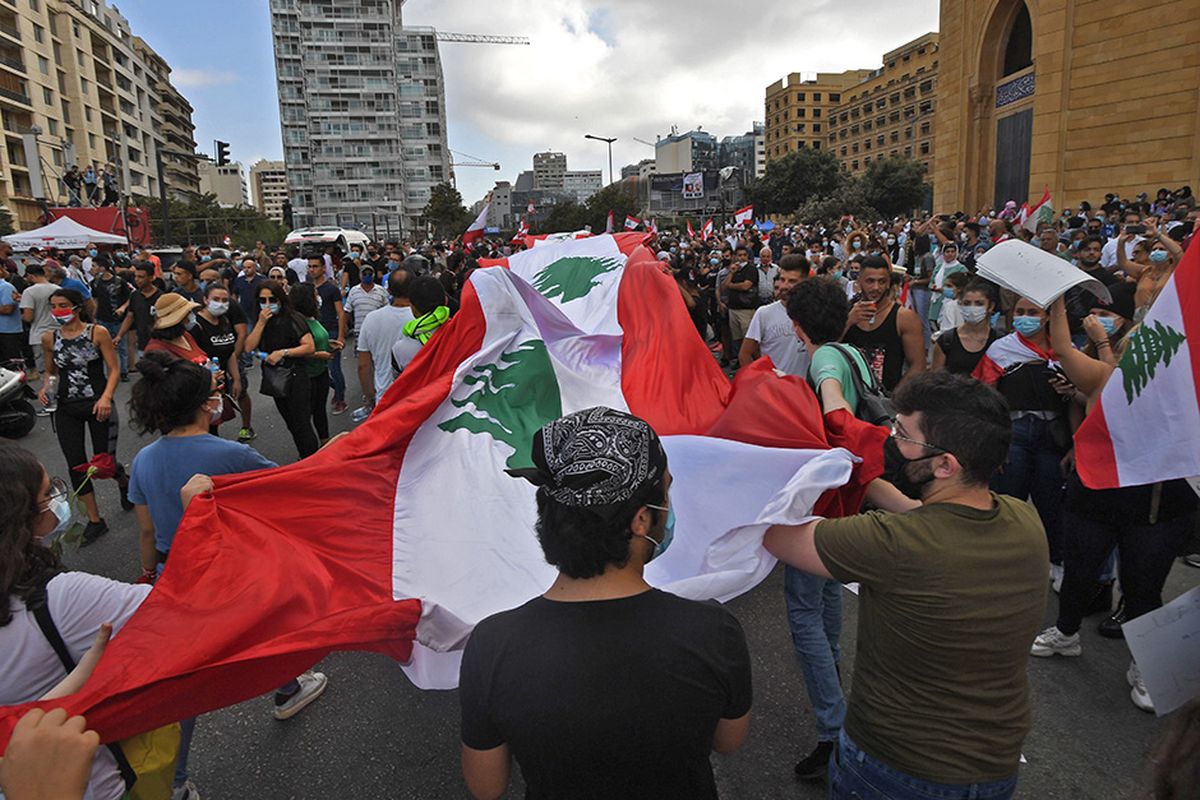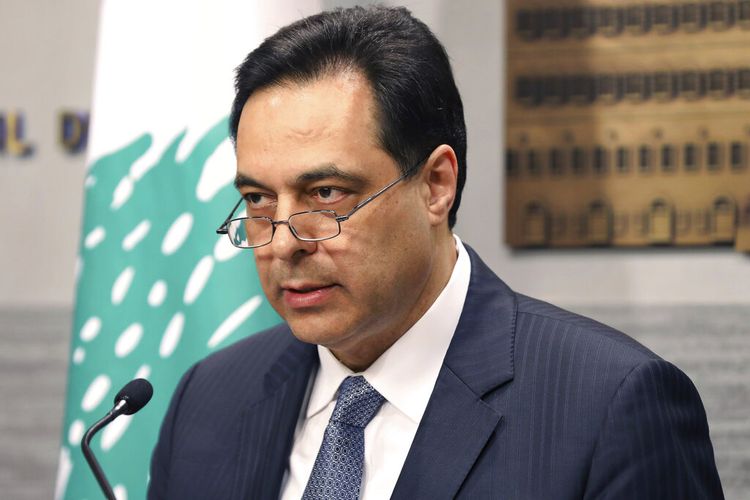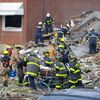Govt Resignation Insufficient Response to Reforms After Beirut Explosion

"It's a good thing that the government resigned. But we need new blood or it won’t work," silversmith Avedis Anserlian told Reuters in front of his demolished shop.
Diab formed his government in January with the backing of the powerful Iranian-backed Hezbollah group and its allies.
Read also: Lebanon's PM Steps Down in Wake of Beirut Explosion and Public Fury
It came more than two months after Saad Hariri, who had enjoyed the backing of the West and Gulf states, quit as premier amid anti-government protests against corruption and mismanagement.
Aoun is required to consult with parliamentary blocs on who should be the next prime minister, and is obliged to designate the candidate with the most support.
The presidency has yet to say when official consultations will take place.
Forming a government amid factional rifts has been daunting in the past.
Now, with growing public discontent and the crushing financial crisis, it could be difficult to find someone willing to be prime minister.
Read also: Protests in Lebanon as Public Anger Over Beirut Explosion Unfolds
A week after the blast, residents of Beirut were picking up the pieces as search operations continued for 30 to 40 people still missing.
"Our house is destroyed and we are alone," said Khalil Haddad.
"We are trying to fix it the best we can at the moment. Let's see, hopefully there will be aid and, the most important thing: hopefully the truth will be revealed."
World Health Organization spokesman Tarik Jarasevic said eight emergency international medical teams were on the ground to support overwhelmed health facilities, under strain even before the blast due to the financial crisis and a surge in Covid-19 infections.
Officials have said the blast could have caused losses of $15 billion, a bill Lebanon cannot pay.
Ihsan Mokdad, a contractor, surveyed a gutted building in Gemmayze, a district a few hundreds meters from the port.
"As the prime minister said, the corruption is bigger than the state. They're all a bunch of crooks. I didn't see one MP visit this area.
MPs should have come here in large numbers to raise morale," he said.
(Writer: Ghaida Ghantous | Editor: Giles Elgood)
Simak breaking news dan berita pilihan kami langsung di ponselmu. Pilih saluran andalanmu akses berita Kompas.com WhatsApp Channel : https://www.whatsapp.com/channel/0029VaFPbedBPzjZrk13HO3D. Pastikan kamu sudah install aplikasi WhatsApp ya.


































